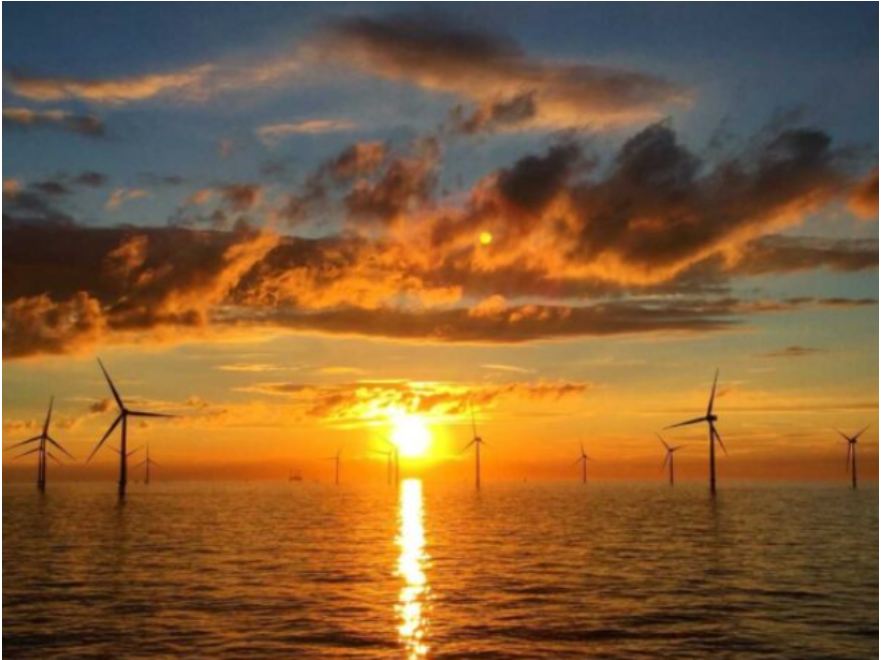
”We are excited to announce the first offshore wind procurement of our administration – the biggest in our region’s history,” said the Governor of Massachusetts, Maura Healey.
”This draft RFP is a signal to the rest of the world that Massachusetts is all-in on offshore wind and ready to be the industry’s hub. Our proposal is also a commitment to Massachusetts ratepayers to chase after all clean energy for our homes and businesses.”
As drafted, the RFP will allow DOER to consider in its evaluation direct and indirect costs and benefits, environmental and socioeconomic impacts from siting, and diversity, equity, and inclusion plans.
In contrast with previous years, this RFP makes clear the weight given to projects with robust economic development proposals that support minority- and women-owned businesses and support for low-income workers, workers of color, and workers from impacted environmental justice communities.
Projects must also develop an environmental and fisheries mitigation plan that considers commercial, recreational, and indigenous fishing rights.
To ensure low-income ratepayers can gain directly from the transition to clean energy, this draft RFP requires bidders to enter into agreements with DOER and the Massachusetts Clean Energy Center to provide various support for low-income ratepayers. Additionally, the experience and track record of the bidder will be included in the evaluation to help ensure projects are viable and have a high likelihood of achieving commercial operation to help the Commonwealth meet its clean energy goals and reach emissions limits.
Indexed Pricing Allowed
This RFP allows for additional flexibility in proposals. To account for challenges driven by inflation and other macroeconomic trends, the draft RFP allows bidders to submit an alternative indexed pricing proposal intended to reduce risk to bidders and ratepayers.
The RFP also accounts for the potential for savings resulting from federal tax credits. The RFP requires details on how the bids would utilize applicable tax credits and allows for flexibility in the RFP schedule if IRS program guidance on the Inflation Reduction Act is announced late in the bid preparation timeline.
Project Sizes and Proposed Timeline
The procurement team would have the flexibility to evaluate bids ranging from 400 MW to 2,400 MW in size, and to select a project or projects that bring significant benefits to the Commonwealth.
Under the proposed timeline, bids are due January 31, 2024. This proposed timeline is said to allow project developers to incorporate several emerging initiatives, including anticipated federal program guidance on tax credits, federal grants for transmission upgrades, and additional coordination with regional state partners.